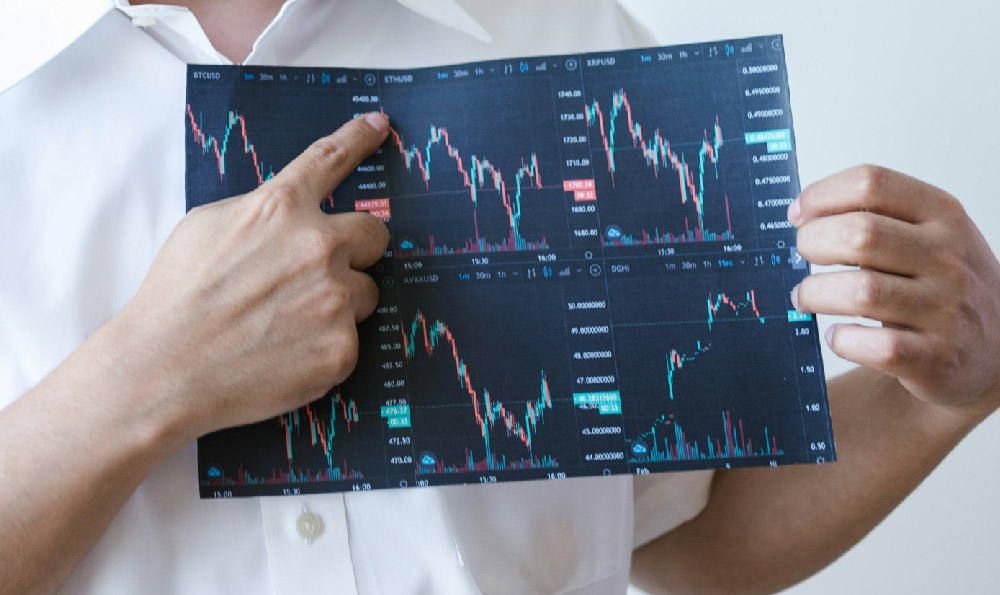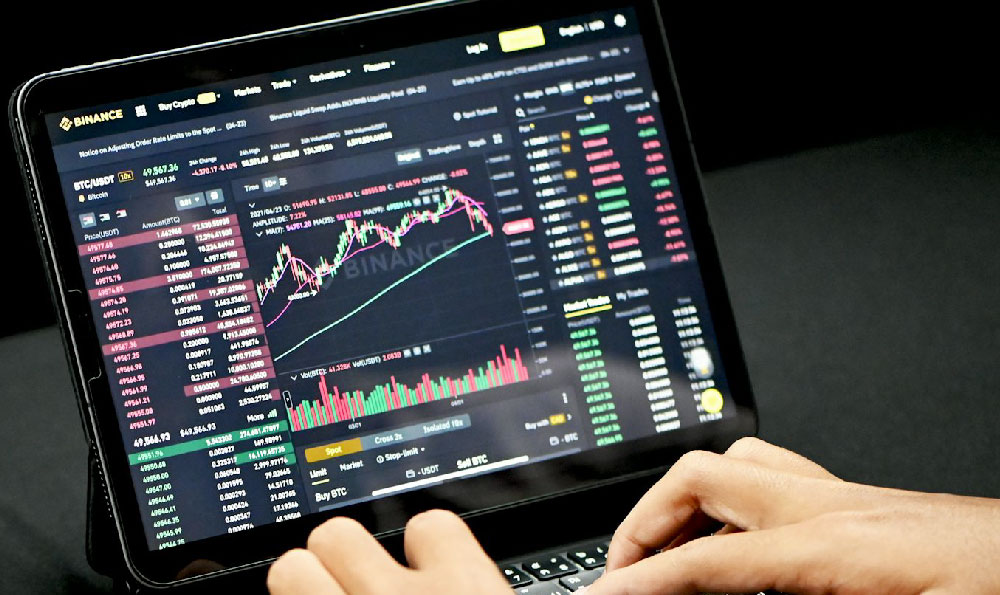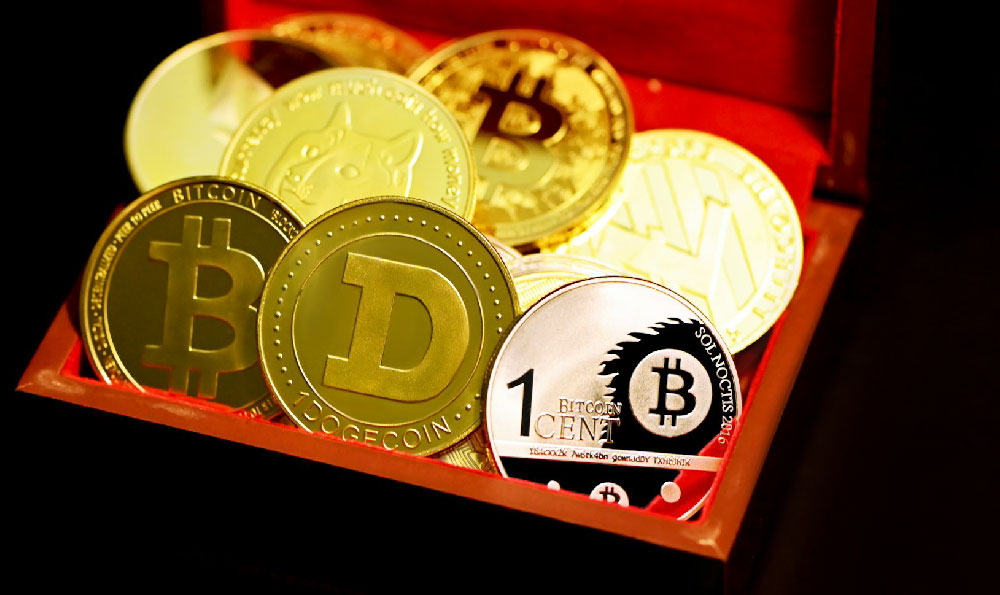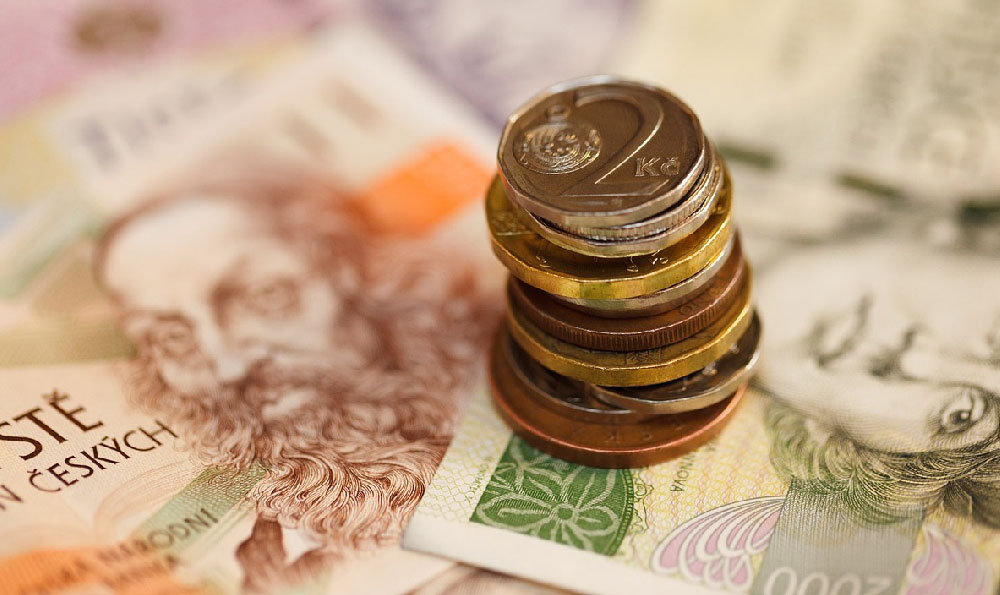Richard Branson's path to wealth is a fascinating blend of entrepreneurial spirit, calculated risk-taking, and a knack for identifying unmet needs in the market. It's not just about striking gold once; it's about building a diversified empire through constant innovation and a unique approach to business. Understanding his success requires dissecting his strategies and identifying the core principles that drive his ventures.
One of Branson's defining characteristics is his willingness to challenge established norms and disrupt existing industries. He doesn't simply compete; he aims to redefine the rules of the game. This is evident from his early venture, Virgin Records. Instead of catering to the established music scene, he focused on providing superior customer service and a distinct brand identity that resonated with younger audiences. He took risks by signing unconventional artists and promoting them through innovative marketing campaigns, ultimately creating a powerhouse that rivaled established record labels. This disruptive approach wasn't a one-off; it's a recurring theme throughout his career. He applied it to airlines with Virgin Atlantic, challenging the legacy carriers with a focus on passenger experience and a more relaxed, fun approach to air travel.
Beyond simply disrupting industries, Branson possesses a remarkable ability to identify underserved markets and capitalize on opportunities others overlook. He sees potential where others see limitations. This "gap-in-the-market" mentality is crucial to understanding his entrepreneurial success. With Virgin Mobile, he recognized the potential for a mobile phone provider that catered to the younger generation with flexible plans and a focus on affordability. He understood their needs and preferences, creating a product that resonated with them and quickly captured a significant market share. Similarly, his foray into space tourism with Virgin Galactic is a testament to his vision and his ability to see beyond the conventional. He's betting on the future of space travel, recognizing the potential for a market that is currently nascent but could be incredibly lucrative in the years to come.
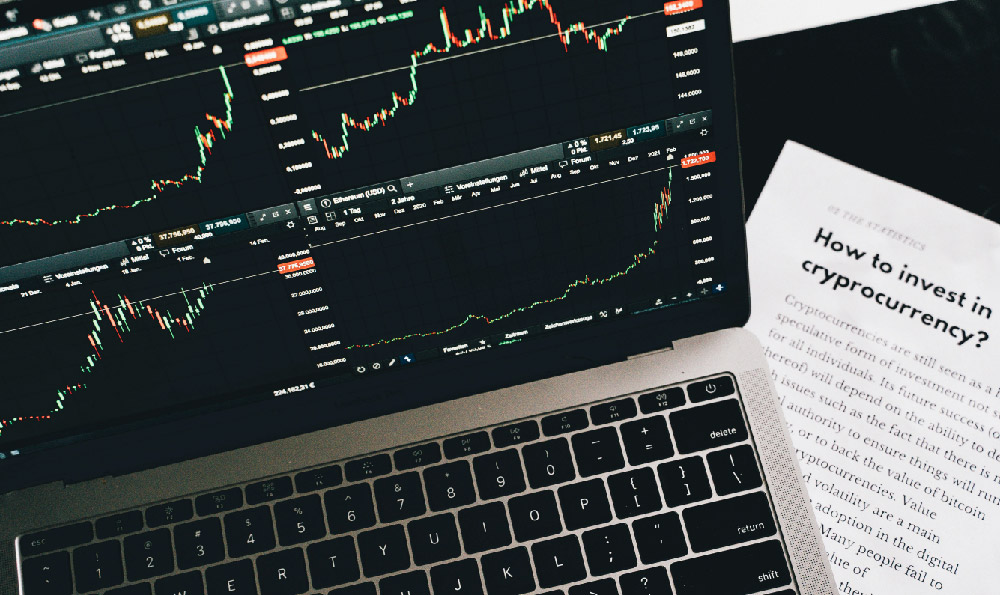
A critical, often overlooked aspect of Branson's success is his brand-building expertise. The Virgin brand is synonymous with innovation, quality, and a certain rebellious spirit. He cultivates this image through clever marketing, public appearances, and a conscious effort to align his brand with values that resonate with his target audience. He isn't just selling products or services; he's selling an experience, an attitude, and a lifestyle. He cleverly uses his own personality to amplify the brand's message, making him a relatable and aspirational figure for many. He understands the power of storytelling and consistently uses it to connect with his audience on an emotional level.
Branson is not afraid to delegate and empower his team. He understands that he cannot do everything himself, and he surrounds himself with talented individuals who share his vision. He fosters a culture of collaboration, innovation, and risk-taking within his companies. He believes in empowering his employees to make decisions and take ownership of their work, creating a sense of loyalty and commitment that is invaluable to the success of his ventures. He often emphasizes the importance of finding and retaining the right people, recognizing that a strong team is essential for any successful business.
Another key ingredient to Branson's success is his resilience. He has faced numerous setbacks and challenges throughout his career, but he has always bounced back stronger. He doesn't let failures define him; he learns from them and uses them as opportunities for growth. He understands that risk is an inherent part of entrepreneurship, and he is willing to take calculated risks in pursuit of his goals. He isn't afraid to fail, but he is always careful to manage his risks and mitigate potential losses. This willingness to persevere through adversity is a testament to his determination and his unwavering belief in his vision.
Financial prudence, while seemingly at odds with his risk-taking persona, is surprisingly present in his strategy. Branson rarely puts all his eggs in one basket. The Virgin Group operates on a decentralized model, with each company functioning somewhat independently. This mitigates risk and allows the group to weather economic downturns more effectively. He also reinvests profits strategically, fueling further innovation and expansion. He understands the importance of managing cash flow and maintaining a healthy financial position.
Finally, Branson understands the importance of giving back. He is actively involved in numerous charitable endeavors and uses his platform to advocate for social and environmental causes. This commitment to social responsibility not only enhances his brand image but also reflects his genuine desire to make a positive impact on the world. He believes that businesses have a responsibility to contribute to society, and he incorporates this principle into his business practices.
In conclusion, Richard Branson's success is not attributable to a single factor but rather to a complex interplay of entrepreneurial drive, disruptive innovation, astute brand building, effective delegation, resilience, and a commitment to social responsibility. He didn't just get lucky; he strategically created his own luck by identifying opportunities, taking calculated risks, and building a diversified empire based on strong values and a passion for innovation. His story serves as an inspiration to aspiring entrepreneurs, demonstrating that with vision, determination, and a willingness to challenge the status quo, anything is possible.




